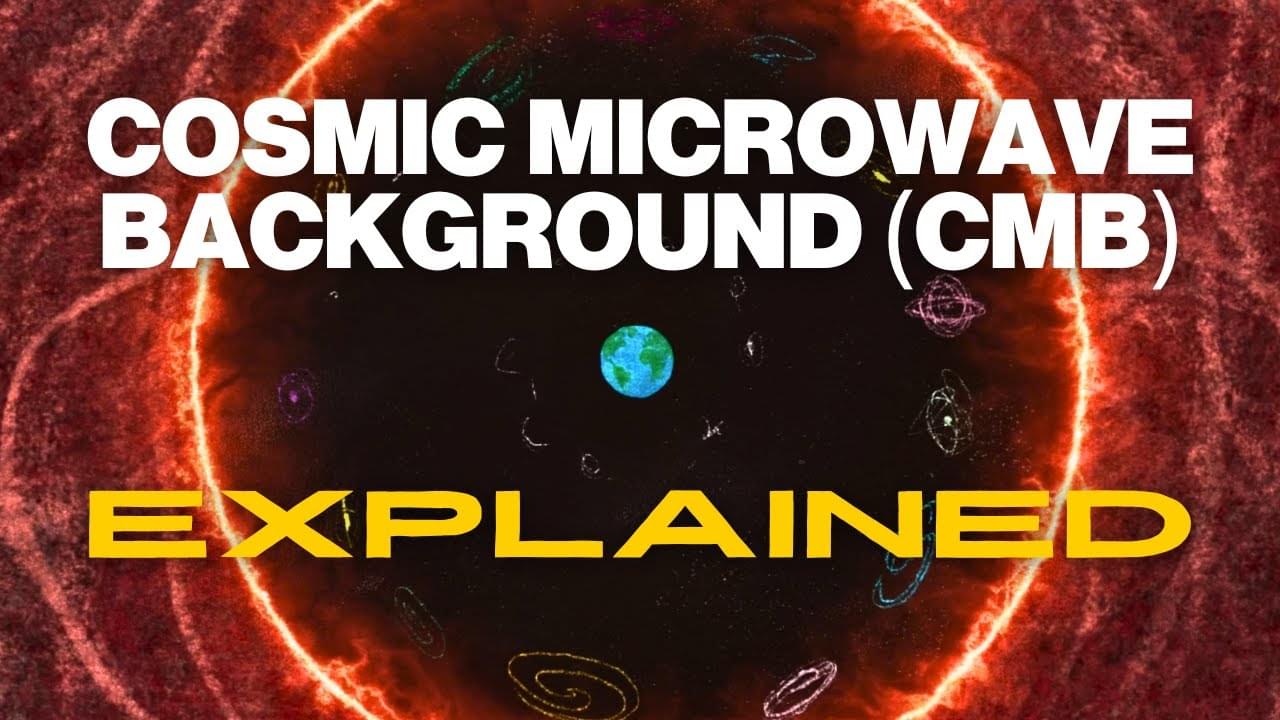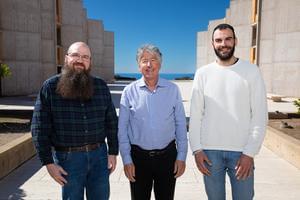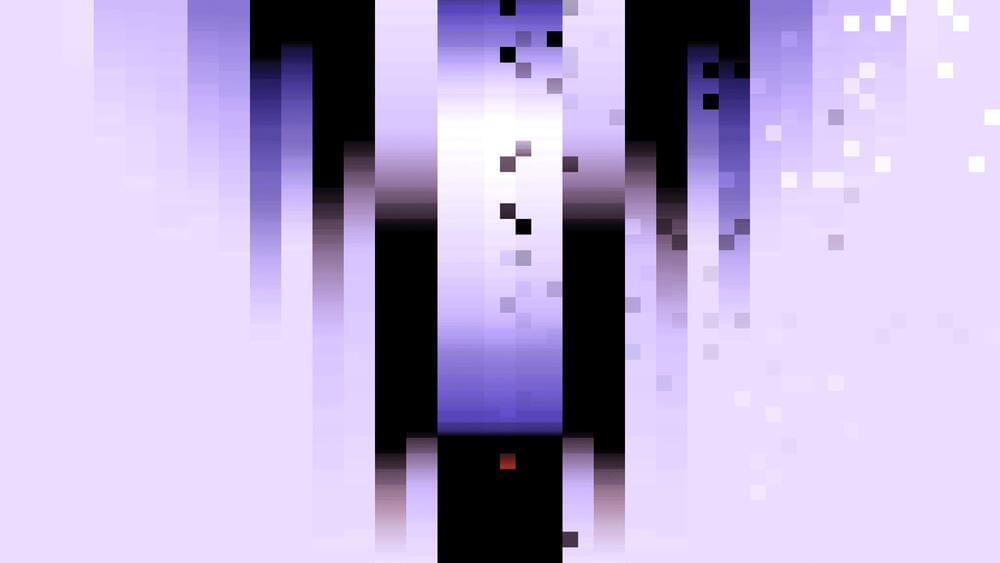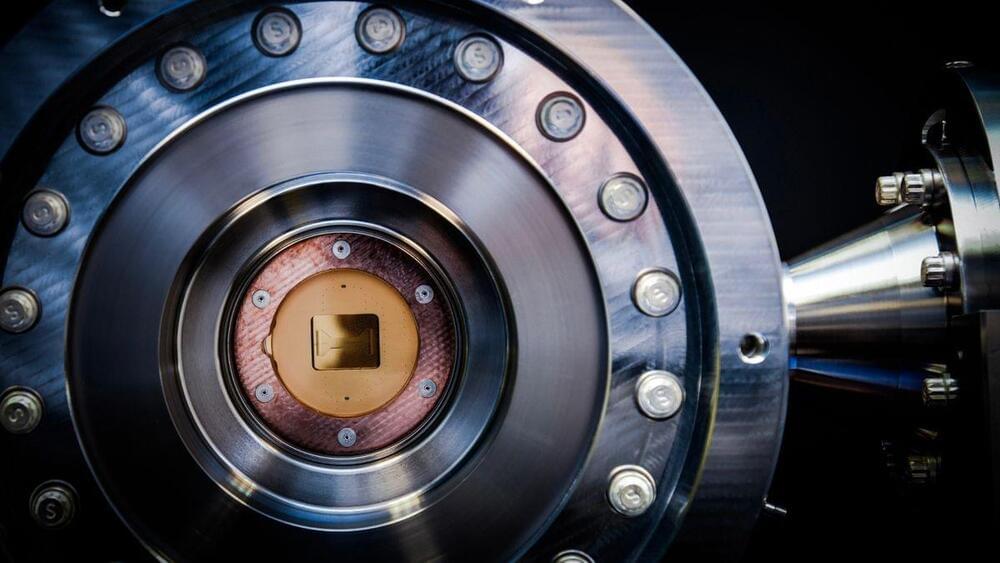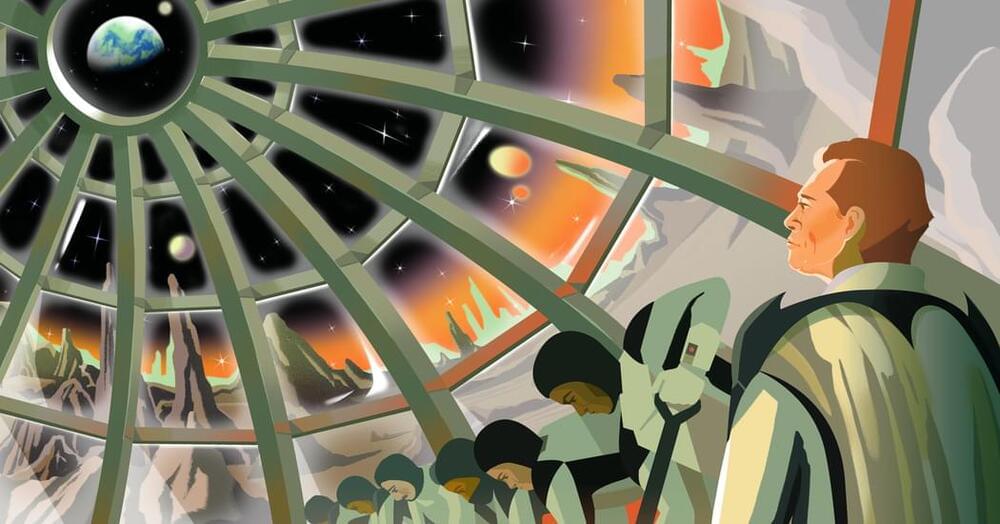
Wormholes, a captivating theoretical concept, offer a potential shortcut through space and time—a celestial tunnel connecting distant points through the intricate fabric of space-time. The inception of this idea dates all the way back to 1935 when Albert Einstein and Nathan Rosen proposed the concept of a wormhole, also known as an Einstein-Rosen bridge, as a unique solution within the framework of Einstein’s General Relativity(GR). The hypothetical existence of wormholes carries profound implications for space travel, such as the ability to traverse vast cosmic distances in remarkably short durations, and exploring their properties and implications could provide important information about the structure of space-time itself.
Furthermore, being closely linked to other perplexing cosmic phenomena, such as black holes, dark matter, and the enigmatic event known as the Big Bang—the cosmic genesis that set our universe into motion—wormholes have the potential to provide insights into these cosmic puzzles and deepen our understanding of the origin of the universe. Additionally, investigating wormholes could help bridge the gap between GR and quantum mechanics, which is currently one of the most important problems in theoretical physics.
Inspired by this, a team of researchers, led by Dr. P.K. Sahoo in collaboration with Mr. Zinnat Hassan from the Department of Mathematics at the Hyderabad Campus of Birla Institute of Technology (BITS) Pilani, recently delved into the investigation of wormholes. They focused on the modified teleparallel gravity framework with conformal symmetry within the context of non-commutative geometry. The primary objective of their research was to shed light on the specific conditions required for the existence of wormholes within the above framework. “The study of wormholes within the context of f(Q) symmetric teleparallel gravity with conformal symmetry under non-commutative geometry represents a sophisticated and specialized area of research in the field of theoretical physics and cosmology,” says Dr. Sahoo. Their findings were published in volume 437 of the journal Annals of Physics in February 2022.
